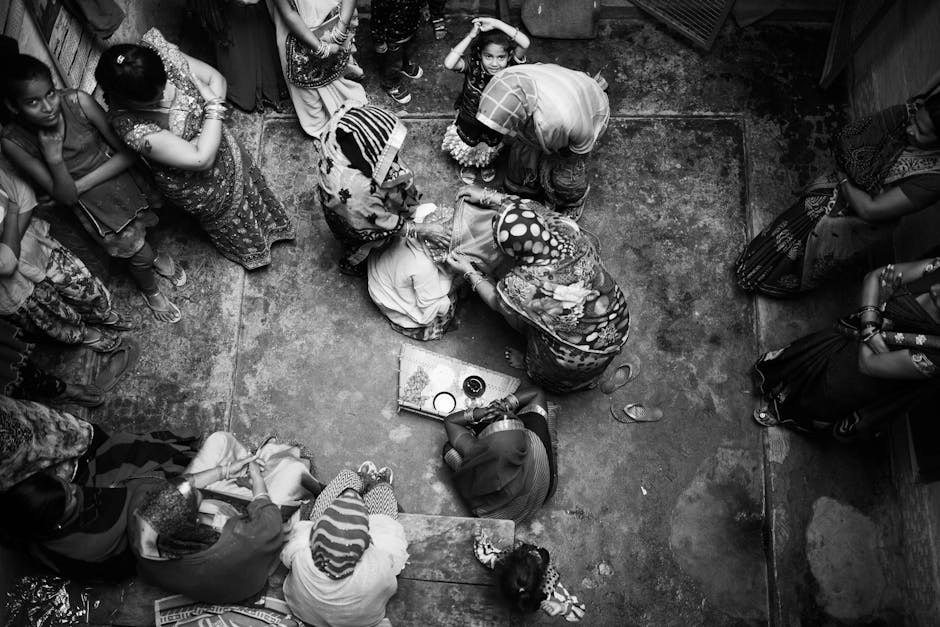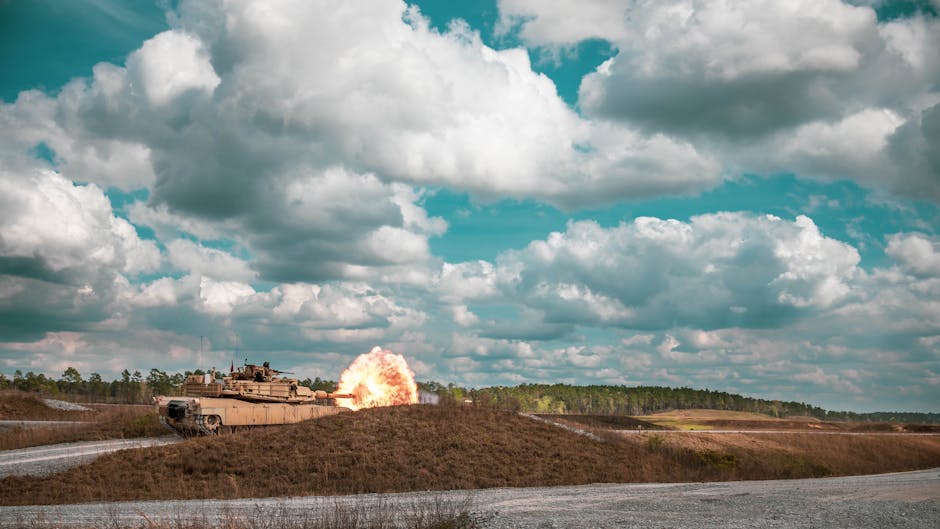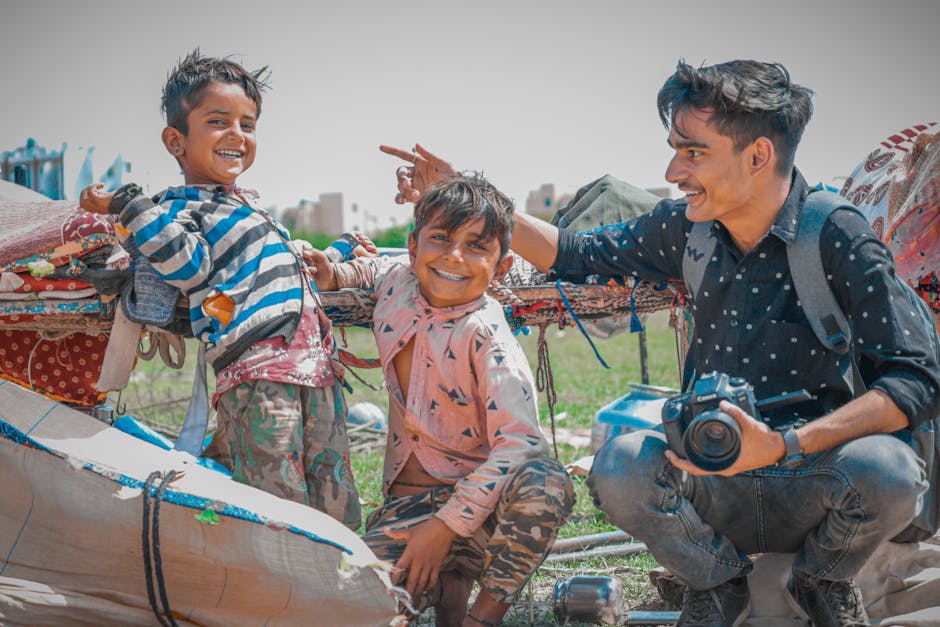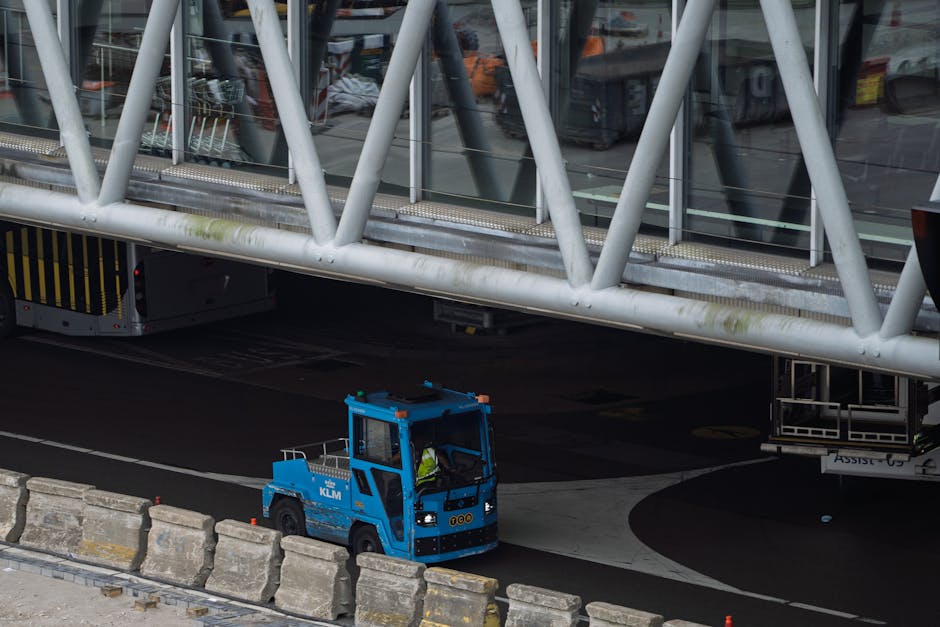Madhya Pradesh Bans Cough Syrup Linked to 9 Children’s Deaths
In a shocking development, the Madhya Pradesh government has imposed an immediate ban on a specific brand of cough syrup following reports linking it to the tragic deaths of nine children. The syrup, manufactured by a local pharmaceutical company, is suspected to contain toxic substances, raising serious concerns about drug safety and regulatory oversight in India.
How the Tragedy Unfolded
The incident came to light after several children in the Rewa district were hospitalized with severe health complications, including kidney failure and respiratory distress. Preliminary investigations revealed that all the affected children had consumed the same cough syrup, prompting health authorities to take swift action.
A Looming Health Crisis
The cough syrup, whose name has been withheld pending further investigation, is suspected to contain diethylene glycol (DEG), a toxic chemical commonly used in industrial solvents. DEG ingestion can cause acute kidney injury, neurological damage, and even death. This incident is not isolated—similar cases of adulterated medicines leading to fatalities have been reported in India in recent years, highlighting the urgent need for stricter quality control measures in the pharmaceutical industry.
The deaths have sparked outrage among parents and activists. “We trusted this medicine to heal our children, not to kill them,” said a grieving parent during a protest outside the district hospital. The tragedy has also reignited debates about the accessibility of substandard and counterfeit drugs in rural areas, where regulatory oversight is often lax.
Government Response
In response to the crisis, the Madhya Pradesh government has banned the sale and distribution of the cough syrup across the state. Health Minister Dr. Prabhuram Choudhary announced that a high-level committee has been formed to investigate the matter. “We are committed to ensuring the safety of our citizens. Those responsible for this negligence will face strict legal action,” he stated.
The state government has directed all medical stores to immediately remove the product from their shelves and issued a public advisory urging citizens to avoid using the syrup. Samples of the cough syrup have been sent to laboratories for detailed analysis to confirm the presence of toxic substances.
Calls for National Action
The incident has sparked nationwide concern, with health experts and policymakers calling for a comprehensive review of India’s drug regulatory framework. The Central Drugs Standard Control Organization (CDSCO) has been urged to investigate the manufacturing practices of the company involved. Critics argue that the current system is riddled with loopholes, allowing substandard and counterfeit drugs to enter the market.
A History of Tragedies
This is not an isolated incident. In 2020, over a dozen children in Jammu and Kashmir died after consuming a contaminated cough syrup. Similarly, in 2019, 12 children in Uttar Pradesh died due to a spurious drug. These recurring incidents underscore the need for systemic reforms to protect public health.
The Way Forward
As the investigation unfolds, the focus must shift to preventing such tragedies in the future. Strengthening regulatory mechanisms, enhancing public awareness about counterfeit drugs, and holding manufacturers accountable are critical steps. The government must also ensure that victims’ families receive justice and compensation.
The deaths of these nine children serve as a grim reminder of the consequences of negligence in the pharmaceutical industry. It is a wake-up call for authorities to prioritize public health and take decisive action to safeguard the lives of millions who rely on medicines for their well-being.
For now, the ban on the cough syrup is a necessary step, but it is only the beginning of what promises to be a long and challenging journey toward ensuring drug safety in India.




